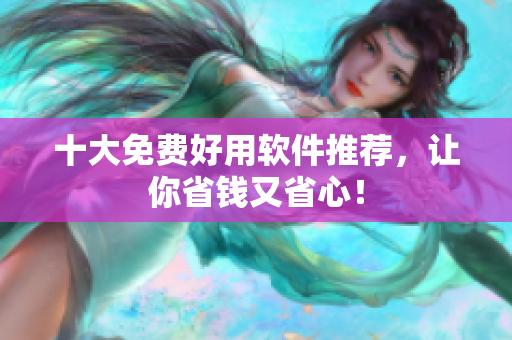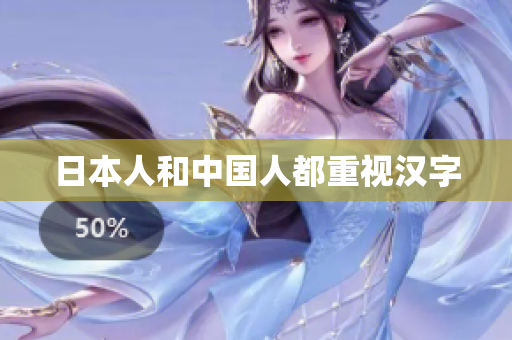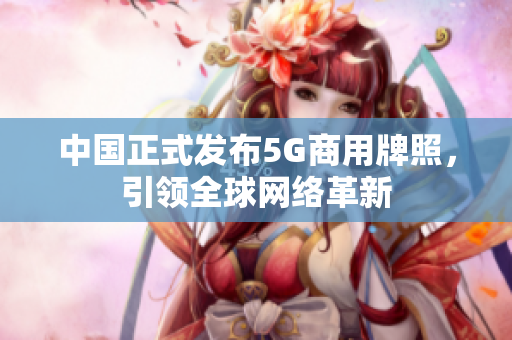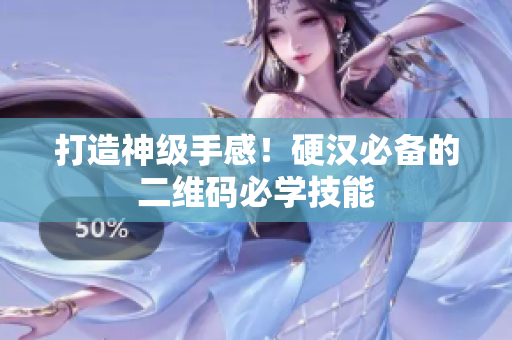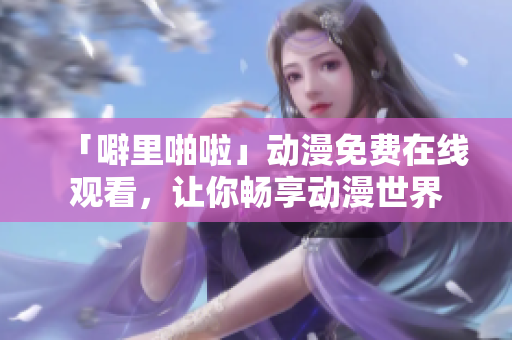Introduction
Western art and culture have rich and diverse legacies, spanning over centuries and continents. From great works of literature to awe-inspiring pieces of music, and from magnificent paintings to groundbreaking sculptures, the Western world has produced some of the finest accomplishments in human history. However, as the world progresses into the 21st century, new developments such as the advent of 5G technology and the ever-growing demand for digital entertainment have changed the way people interact with the world, leading to unforeseen consequences and opportunities. This article explores the intersection of Western art, modern technology, and cultural trends, and investigates how they shape our society in the present and future.
Top Western Artistic Works
When it comes to Western art and culture, there is not enough space to list all the great works that have had a significant impact on human history. However, some of the most notable examples include:
The Mona Lisa by Leonardo da Vinci
The Divine Comedy by Dante Alighieri
The Messiah by George Frideric Handel
The Sistine Chapel ceiling by Michelangelo
The Statue of Liberty by Frédéric-Auguste Bartholdi
These works of art have transcended time and geography and continue to inspire and shape the world we live in today.
The Advent of 5G Technology
5G technology is poised to revolutionize the way we interact with the world. With faster download and upload speeds, lower latency, and wider coverage, it will enable a range of new applications and services that were once impossible, from autonomous vehicles to advanced healthcare, from virtual reality to smart cities. However, it also poses significant challenges, such as potential security risks, privacy concerns, and potential economic disruptions. As society adapts to the new era of 5G, it is crucial to keep in mind the values and principles that underpin our human society, such as human rights, equality, and social responsibility.
The Dilemma of Classroom Education
Classroom education has been the cornerstone of modern society, providing a platform for young people to learn, grow, and interact with one another. However, with the rise of digital entertainment and the changing nature of work, traditional classroom education is facing new challenges and opportunities. On the one hand, teachers and students must adapt to new tools and technologies to stay relevant in an ever-changing world. On the other hand, they must also uphold the timeless values of education, such as critical thinking, creativity, and empathy. It is essential to strike a balance between innovation and tradition and cultivate a learning environment that nurtures both the mind and the soul.
The Ethics of Digital Entertainment
Digital entertainment has become an essential part of modern life, providing people with a plethora of options to escape from the mundanity of daily life and explore new worlds of fantasy and imagination. However, it also raises ethical concerns, such as addiction, exploitation, and harm to minors. As the gaming industry continues to grow rapidly and becomes increasingly sophisticated, it is imperative to establish clear guidelines and regulations to ensure that digital entertainment serves as a force for good rather than a source of harm.
The Importance of Early Childhood Education in Southeast Asia
Early childhood education is critical for the development of young minds and the long-term growth of society. However, in some parts of Southeast Asia, such as Cambodia, Laos, and Myanmar, access to quality education remains limited due to a shortage of resources, qualified teachers, and infrastructure. This issue is particularly acute in rural areas and among vulnerable populations, such as migrant workers and ethnic minorities. To address this challenge, policymakers, educators, and civil society must work together to provide equitable and inclusive early childhood education that fosters creativity, curiosity, and lifelong learning.
Conclusion
Western art and culture have endured the test of time and continue to inspire and enrich people's lives across the world. However, as society continues to evolve and embrace new technological and cultural trends, it is crucial to stay mindful of our heritage and values that define who we are and what we stand for. By embracing innovation and diversity while upholding our timeless principles of compassion, justice, and resilience, we can create a more vibrant, inclusive, and sustainable world for ourselves and future generations.


